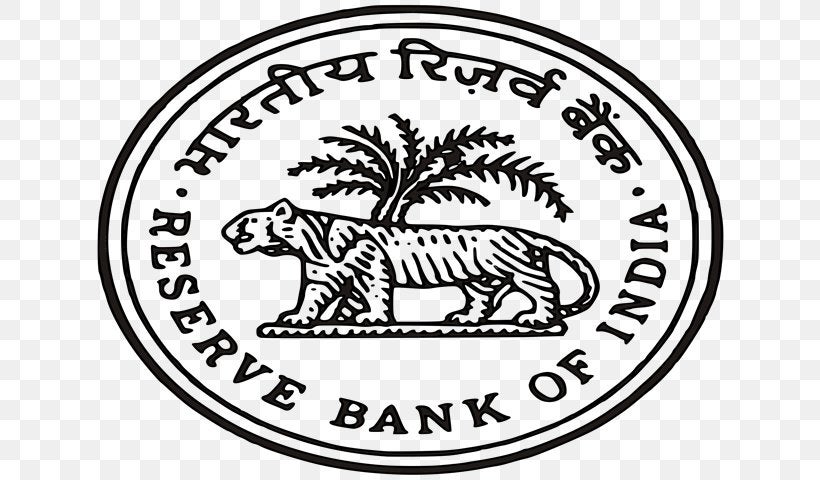A lot has been made of the difficulties cheque displacement will cause for small businesses but a tougher question is what alternatives will be offered to individuals, particularly older people, who rely on cheques. The answer, finds Louise Naughton, could well be another paper-based payments solution
 There is undeniable proof the 150-year-old cheque is in terminal decline in the UK, so why is there so much resistance to the phasing out of this seemingly out-dated payment method?
There is undeniable proof the 150-year-old cheque is in terminal decline in the UK, so why is there so much resistance to the phasing out of this seemingly out-dated payment method?
Cheques usage has been in freefall since its peak in 1990. Figures from the UK Payments Council show there were 43% fewer cheques issued in 2009 than in 2003, and in 2009 alone cheque clearing volumes fell by 13%. Its projected forecast on the future of the payment method is that cheque issuance will fall a further 47% by 2018.
The force of the opposition to the UK Payments Councils the proposal to phase cheques out by 2018 was so great that the Treasury Select Committee (TSC) announced in April 2011 that it intends to reopen its original inquiry.
"The Payments Council had seemingly forgotten about thems of people who remain less at ease with the latest technology," said Treasury Committee chairman Andrew Tyrie MP.
How well do you really know your competitors?
Access the most comprehensive Company Profiles on the market, powered by GlobalData. Save hours of research. Gain competitive edge.

Thank you!
Your download email will arrive shortly
Not ready to buy yet? Download a free sample
We are confident about the unique quality of our Company Profiles. However, we want you to make the most beneficial decision for your business, so we offer a free sample that you can download by submitting the below form
By GlobalData"Since our last inquiry we have been inundated by letters from the public telling us they rely on cheques.
"Many charities, small businesses and vulnerable people including pensioners depend on cheques. Their needs must be considered and they should not be forced into shredding their cheque books."
Lack of understanding
Not only had the UK Payments Council failed to convince the Committee of its forecast that the cheque is in terminal decline during the 2010 inquiry, the TSC also voiced its shock that it had seemingly also failed to conduct a rigorous cost-benefit analysis.
The TSC will be seeking clearer evidence from the Payments Council in the re-opened inquiry on a number of issues.
It is most interested in reviewing: trends over time in the use of cheques as a payment mechanism, including estimates of likely usage over the next 5 to 10 years; the advantages and disadvantages of cheque abolition, including the impact of abolition on particular groups in society; progress in the development of suitable payment mechanisms; the impact cheque abolition will have on current levels of payment fraud; and the implications of the decision to close the cheque guarantee scheme.
Various organisations around the UK have submitted written evidence to the TSC ahead of an oral evidence session, which is expected to commence mid-June. They include St Marylebone Educational Trust, Cambridgeshire Older Peoples Enterprise, British Cheque and Credit Association and the Royal Bank of Scotland.
No report was published following the 2010 inquiry on the future of cheques and it is unclear as to whether plans are any different a second time round.
Wading through the numerous public comments submitted to the TSC, it appears consumers are ill-informed and have been left in limbo with no idea as to how they transact once their chequebook is rendered useless. For older people the most frequent users of personal cheques it is a confusing and frightening prospect.
Sarah Brooks, head of financial services at consumer campaigning organisation Consumer Focus, welcomes the re-opening of the cheque inquiry by the TSC. She says more needs to be done to reassure the more vulnerable members of society that cheque abolition is not a foregone conclusion.
"There is already a concern among some consumers in the UK that it will be harder for them to use cheques as both banks and retailers will start to move away from the payment method as a product simply because of the widely-held perception they are to be phased out," says Brooks.
While Brooks applauds the Payments Councils work in its attempt to manage the decline of the cheque, she argues the lack of alternative payment channels must be addressed.
E-payments solutions provider VocaLink has claimed the Faster Payments initiative, the ATM network and the Post Office counter all offer key enablers for cheque abolition, yet Brooks claims these alternative payments channels presuppose internet access and a persons mobility to travel to transact.
Michelle Whiteman, a spokeswoman for the Payments Council, says there is a recognition that disabled and older members of society are dependent on cheques and see them as their only feasible option to pay.
"We are acutely aware that any payment alternative to cheques will need to be acceptable to those dependent on the payment method, and as part of this, we will continue to assess whether a paper-based solution is required and what this could look like," says Whiteman.
She goes on to say that the Payments Council is meeting with organisations representing older people, such as Age UK and the National Pensioners Convention, to listen to their concerns first hand and discuss their use of cheques.
The Payments Councils vision is to road-test possible alternative channels with such groups.
If the fate of the cheque is to be decided once and for all during the TSCs 2011 inquiry, it is imperative that information about how the decision was made and what alternatives will in place is communicated to the public in a clear and concise manner.
The re-opening of the inquiry has arguably shown the might of the people. Now the people have been heard, they are ready to listen.





